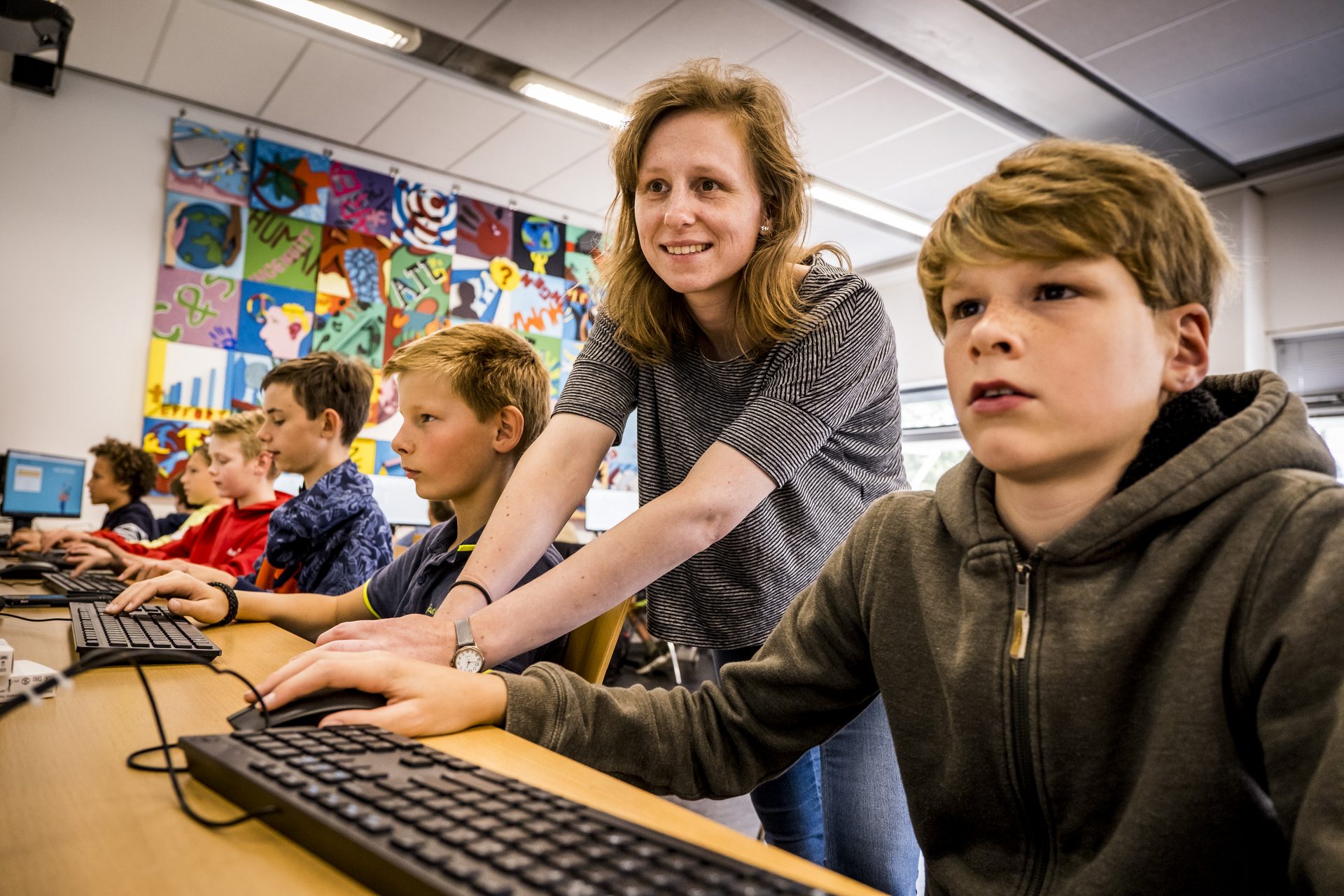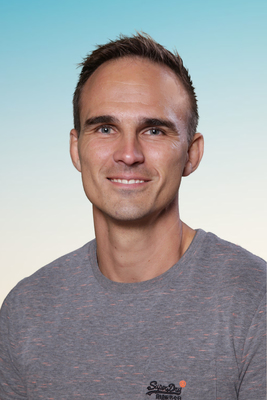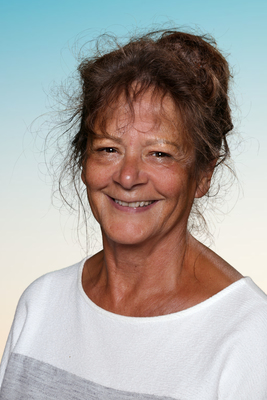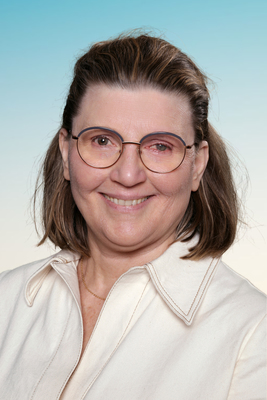
Support

Each student at RLO is supervised by a mentor. In first grade, the mentor
supported by upper school students, the so-called “godmothers and godmothers.
In addition, students are supported by a department leader and a dean or –
if necessary – by someone from our care team.
The mentor:
- Guides the class as a group;
- Supervises students individually (learning outcomes, personal issues);
- Represents the interests of the class to subject teachers and school administration;
- is the primary contact person for parents.
Department Leader:
- Coordinates the supervision of students in the department;
- Together with the mentor, prepares and chairs report meetings;
- Is responsible for the organization of education in their own department;
- Discusses problems with students, as needed or desired;
- is the school administration’s primary contact for parents.
The Dean:
- Guides the student in the choice of final exam subjects (the choice of profile);
- Guides the student in the choice of further education;
- holds group and individual discussions with students, focusing on awareness of own desires and abilities;
- Informs and supports mentors in career orientation activities for mentees.
‘Peters’ and ‘meters’ in bridge classes:
- Support the mentor in providing guidance;
- Help the mentor organize activities;
- are the point of contact for students with questions.
Students with dyslexia who submit a test report upon enrollment automatically become known to the support coordinator. In the bridge class, attention is paid to spelling in the subject of Dutch and modern foreign languages. Students who drop out of languages after the first period take a signaling dictation. If the results are different, students take support classes in Dutch for 2 periods. This is followed by another dictation. If the results are disappointing, the parents will be notified and can decide – if desired – to have their child tested externally.
Students diagnosed or diagnosed with dyslexia may claim extra time on tests, may use a laptop and/or work with Kurzweil. Teachers are aware of the phenomenon of dyslexia and know which of their students are dyslexic. Our dyslexia protocol provides further information.
A student may need specific support.
In accordance with the Law on Appropriate Education, the school has prepared a so-called school support profile. It gives parents, students and other stakeholders insight into the provisions made for students who need extra support.
The Internal Support Committee (IOC) advises on needed support. The team consists of:
- the support coordinator
- external experts in the field of youth welfare
- compulsory education and GGD
- (if necessary) teachers and/or parents involved
The pathway class is a place within school where students with specific support needs can receive additional guidance. These include students with autism or concentration and behavioral problems, as well as students who need support or reintegration into the school process due to chronic illness or anxiety issues. The intention is not for a student to receive full education in the pathway facility, but to be supported in a guidance pathway for certain specific skills.
Choice of profile subjects
Our deans will help you choose your profile subjects in 3 havo and in 3 and 4 vwo/tto. During a parent night, the dean provides information about the options. Students are taught by the dean and use an online method(RLO.dedecaan.net). In addition, RLO students can use the “Study Choice App” including free access to the Choice Guide. Starting in 3rd grade, you will receive an information booklet every year in which you can read everything again at your leisure.

Deciding what you want to do after high school
In upper school, you’ll start thinking about what you want to do after high school. Study, travel, work? It’s your decision. The dean and your mentor will be happy to help you. They won’t tell you what to do, of course, but they can help you sort out your thoughts so you can take the next step yourself. At the RLO, you will receive intensive guidance in this regard.
Open day visits
Visiting an institution at an open house, taking a trial course or tagging along: these are good ways to find out if an education suits you. For informational activities during school hours, you may request a leave of absence from your dean. You do that for means of a leave letter.
Pre-HBO and Pre-University
For students looking to broaden or deepen their knowledge: your dean is also the contact person for Pre-HBO (for 4 havo), and the Pre University programs of the universities of Leiden and Delft (for 5 vwo).
Each department at the RLO has its own dean:
| havo: Sven Eberwijn T 071-5193538, room 219 E s.eberwijn@rijnlandslyceum-rlo.nl |  |
| vwo / tto: Ineke van der Sar T 071-5193539, room 219 E i.vandersar@rijnlandslyceum-rlo.nl |  |
| ISRLO (international division): Anne Lamers T 071-5193510, room N101 E a.lamers@rijnlandslyceum-rlo.nl For more information: https://www.isrlo.nl/content/careers-counsellor |  |
As a student, your first point of contact is always your mentor. But if, for whatever reason, you cannot go to him or her, or your problems are of a more serious nature, there are the following options:
Internal confidants
In case of confidential issues, students (or parents) can report to the school’s confidential advisors: Marja Selier (drawing teacher) or Michiel Hugens (physical education teacher).
In the video below, they introduce themselves:
External confidants
For cases that require more confidentiality, there are external confidential advisors, affiliated with the Center for Confidential Advisors Plus: tel. 06-81316936. See also the website www.cvp-plus.nl.
Youth health care (GGD)
As a student, you can visit the Public Health Service with questions about your mental and physical health. All kinds of issues can be discussed, such as friendships, arguments, sexuality, bullying, alcohol use or smoking.